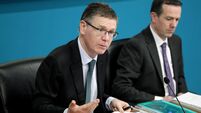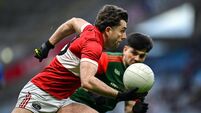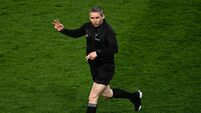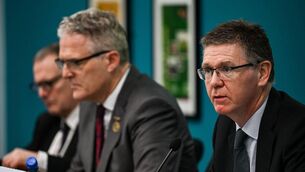Can the GAA tackle internet trolling of players?
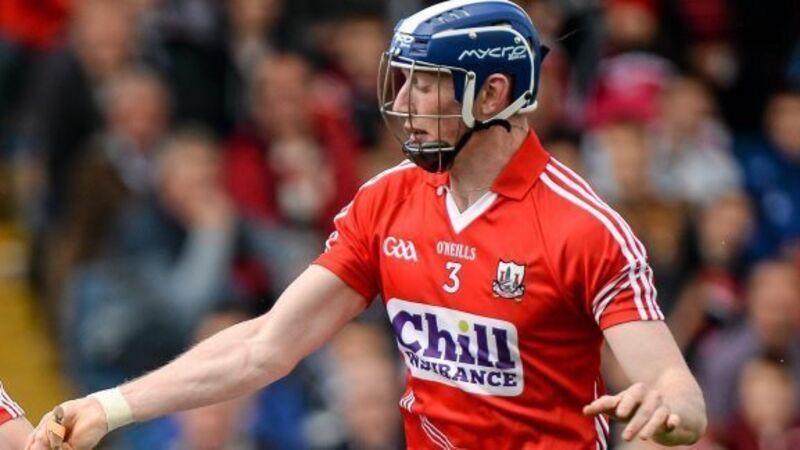
Earlier this week, Cork hurler Damien Cahalane’s brother defended his sibling in the wake of Twitter abuse following last Sunday’s Munster semi-final loss to Waterford.
It is the latest in a number of instances where players have been subjected to excessive criticism after results have gone against their teams.







